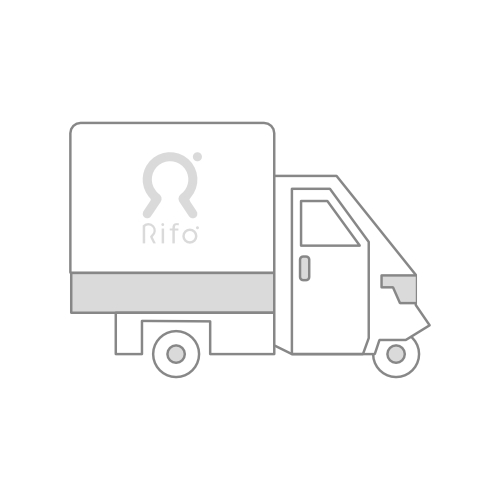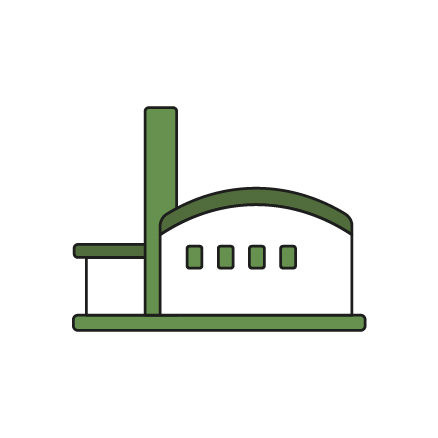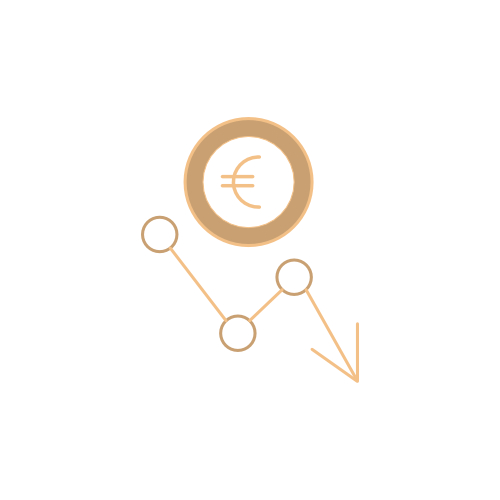For the production of our garments, we rely on trusted suppliers, who are the extension of our team.
This direct connection is our strength.
or
Loginto see the items you added earlier by logging in with your account
Thanks for subscribing. Check your email to get your free shipping code!
Thanks for registering
For the production of our garments, we rely on trusted suppliers, who are the extension of our team.
This direct connection is our strength.

By producing everything locally we are able to limit fuel consumption and create new local job opportunities fairly rewarded. As we see daily the supply chain with our own eyes, we can be sure of the quality of our products and, above all, the ethical nature of the production process.
In addition, this local strategy allows us to be adaptable and flexible and to produce outside the logic of storage, with small quantities and pre-sale.

We are able to save on fuel consumption during production.

By producing locally we manage to go directly to the source, avoiding intermediaries.

We want to support the local economy, promoting the creation of new job opportunities.

All these factors allow us to reduce the final price of our products.
The many artisans who produce our garments are located at an average distance of 18 km from our office.
Discover them and our other suppliers in the following map.
Click on the pins to learn more about who they are and when we started our collaboration.

In 2022, our two little trucks travelled 3,737 km to visit our local suppliers and transport part of our yarns and garments, thus generating an impact of 2.6 tons of CO2. This equals the amount of CO2 emitted on average during two flights from Europe to Cina.
Considered that fast fashion companies produce garments in countries known for low labour costs, such as China, and that they launch on average 20 different collections every year, our annual impact can be compared to the impact that a fast fashion company generates in one month for garment transportation from suppliers to warehouse.

We rely on trusted suppliers that we visit at least once per week as you can see in this video. Without their commitment in producing small quantities in order to avoid overproduction, our project would never have been real.
The artisans working with us share our values. In fact we ask them to subscribe a suppliers Code of Conduct, where they also declare to respect the five main International Labour Oranization (ILO) principles.

Our yarn and fabric suppliers are all located in Italy, mainly in the textile district of Prato. The only exception is a supplier based in Spain, which, however, has representatives in Italy.
We visit them all at least three times a year to check out the production processes of the yarns and fabrics we use.

In 2022, we initiated supply chain sustainability monitoring with the help of the auditing company Bureau Veritas. This aims at verifying the working conditions and the compliance of our suppliers with social responsibility principles, focusing on the following areas:

A clean and fair supply chain requires a code of conduct and social auditing. The audit resulted in around 80% of our first and second tier suppliers be compliant to the required conditions. It helped us becoming aware of potentially critical situations in our supply chain, as well as identifying and correcting the issues discovered.
We believe that on this occasion, we encouraged suppliers to pay close attention to working conditions and ethical principles. By 2025, we aim to have audited all of our first and second-tier suppliers.

Thanks to the Open Supply Hub platform, accessible to everyone, we can transparently showcase a map of all the suppliers and sub-suppliers we collaborate with.
Discover here all the entities that are part of our circular supply chain.
We are committed to adopt responsible purchasing practices everyday towards all suppliers that are part of our circular supply chain.
Our reference is the Common Framework for Responsible Purchasing Practices, defined by a group of multi-stakeholder initiatives with the goal of reducing negative impacts on workers in production chains.
In this model, responsible purchasing practices are grouped into five core principles: 1) Integration and reporting, 2) Equal partnership, 3) Collaborative production planning, 4) Fair payment terms, and 5) Sustainable costing.
We have summarized in this document how we apply these principles in the relationship with our suppliers.